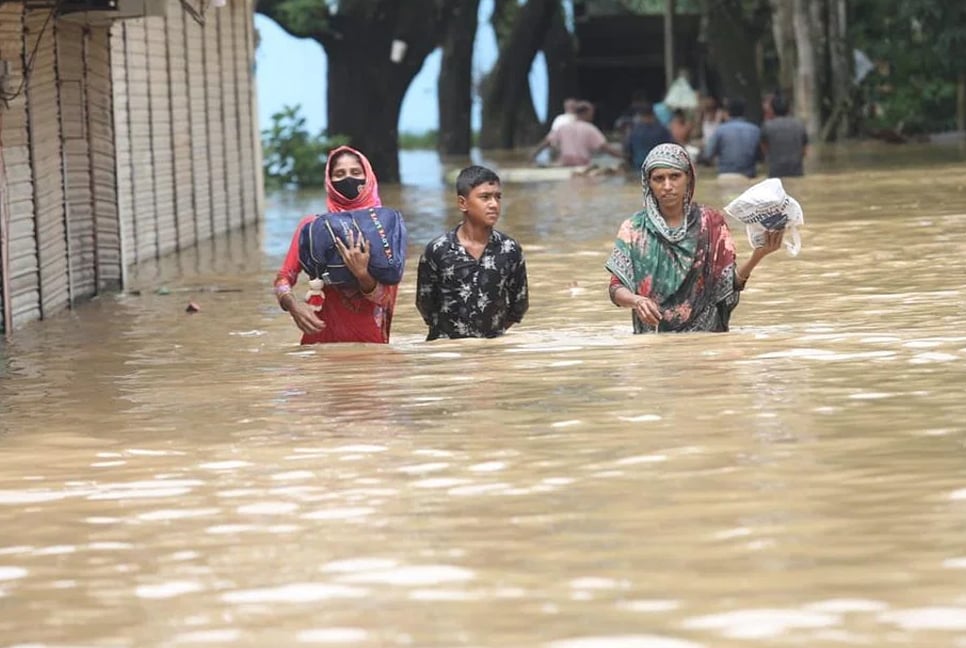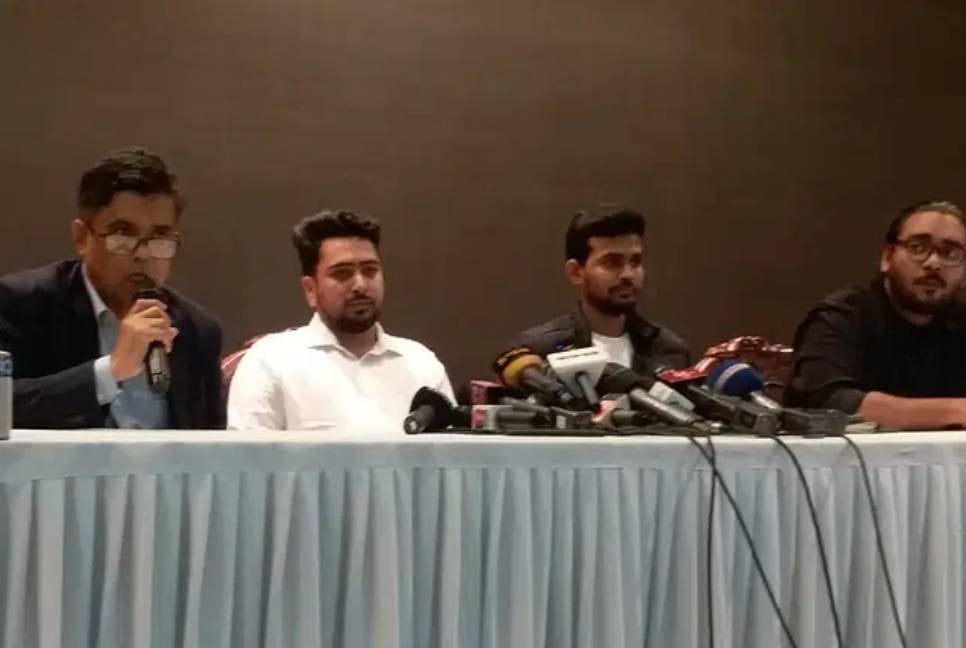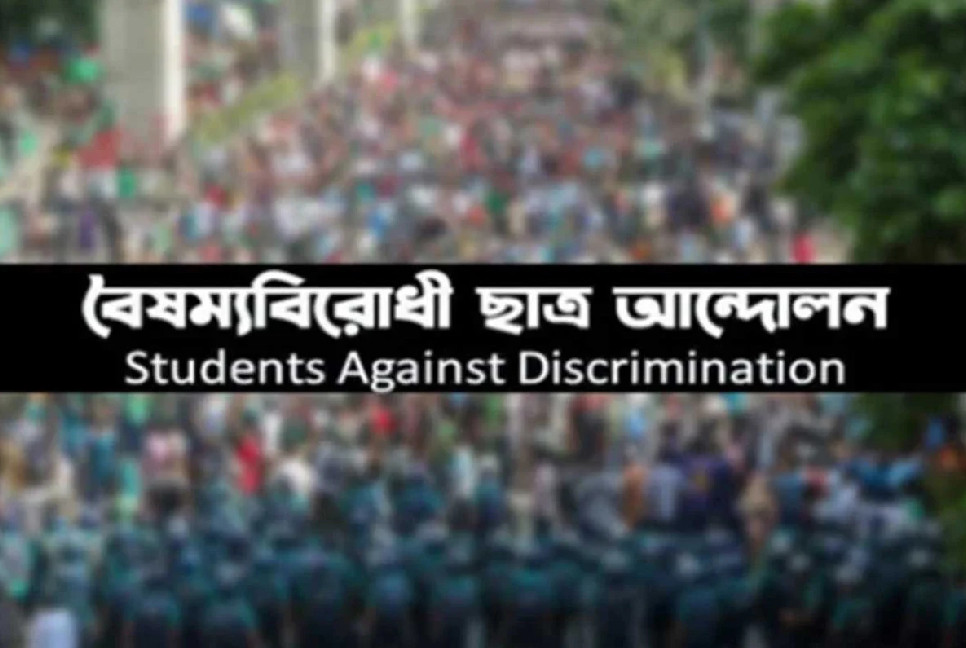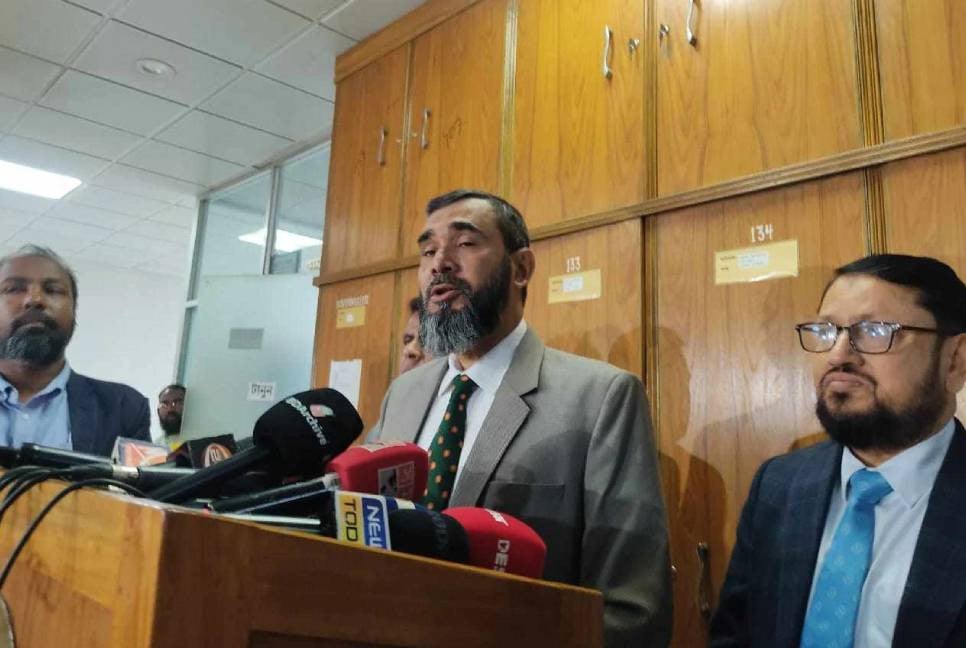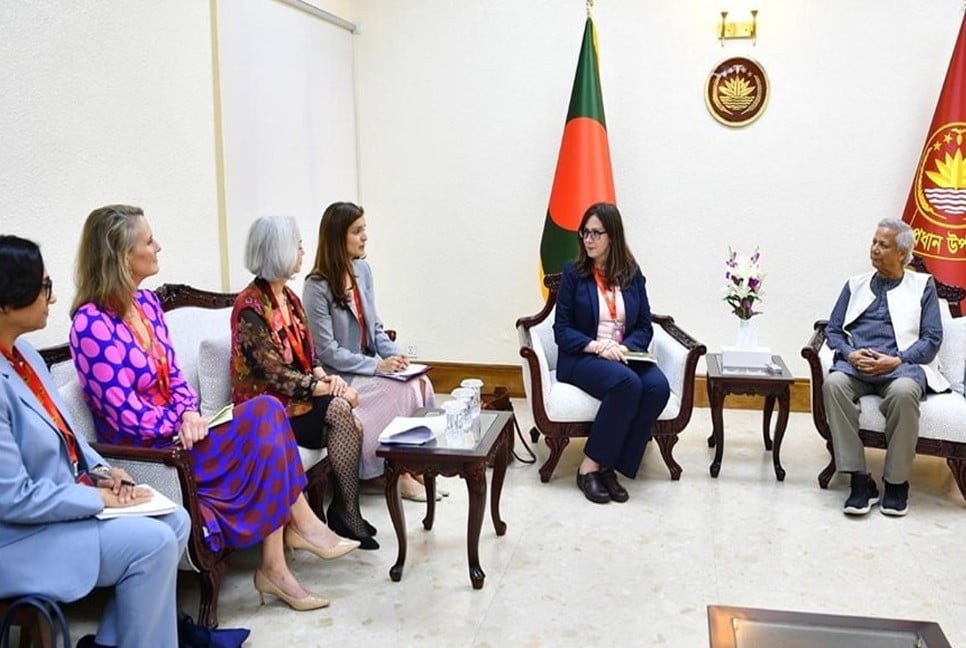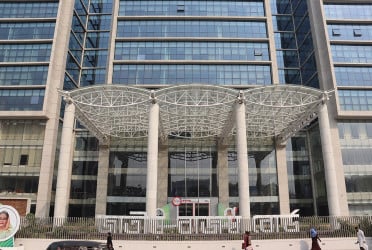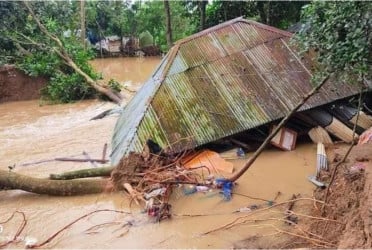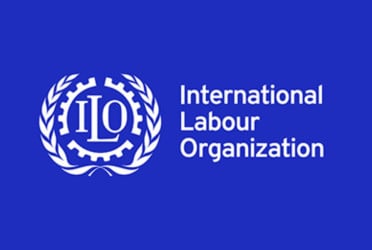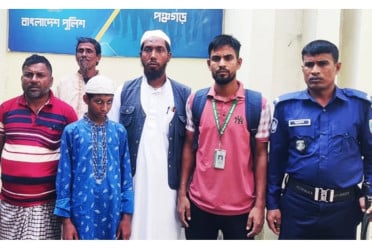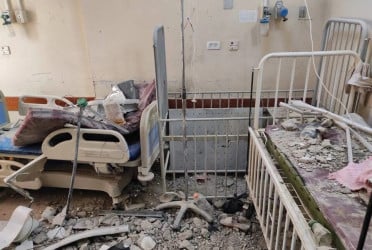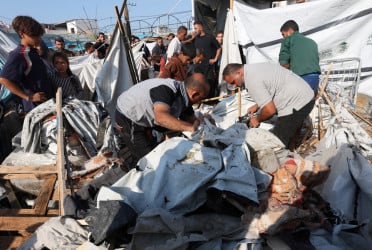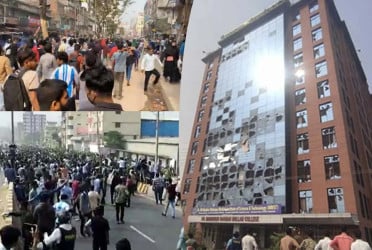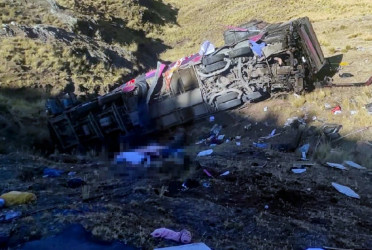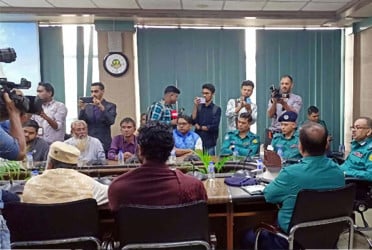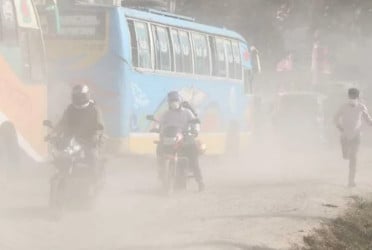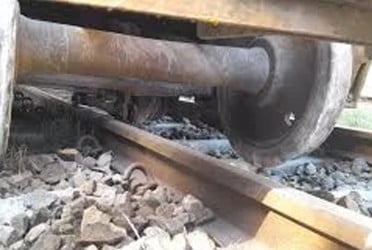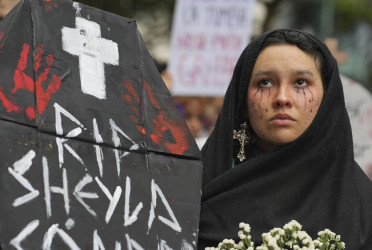The government has initiated the process of assessing the damage caused by recent floods, with plans to start the rehabilitation of affected individuals and communities soon, according to Farooq-e Azam Bir Pratik, Adviser to the Ministry of Disaster Management and Relief, reports UNB.
The adviser said, “We are transitioning from the relief phase to the rehabilitation phase. The damage assessment is progressing rapidly at the field level.”
He further assured that the rehabilitation process will be carried out following a proper procedure. “We will begin rehabilitation efforts as soon as the floodwaters recede. Our goal is to ensure that no one is left out,” he added.
The adviser emphasized that the interim government is committed to supporting those affected by the floods to the fullest extent. When asked about the timeline for completing the damage assessment, he responded, “We expect to finalize the assessment soon. We aim to provide accurate damage reports to facilitate the rehabilitation of all affected individuals, ensuring no one is overlooked.”
Farooq-e Azam also mentioned that the time allocated for reporting damage through the Form-D is typically three weeks, but the government has urged that this be completed within one week to expedite the process.
The adviser highlighted the determination of local authorities, saying, “When I spoke with field administrators, I observed their strong commitment to implementing the rehabilitation program without any hindrances.”
The assessment process involves the Disaster Management and Relief Ministry, the Disaster Management Department, and Project Implementation Officers (PIOs) across flood-affected areas. Deputy Commissioners and Upazila Nirbahi Officers (UNOs) are also collecting data on the damage.
Additionally, related ministries such as Agriculture, Fisheries and Livestock, Land, and Water Resources are working in coordination to ensure a comprehensive assessment.
The government plans to provide financial assistance to those affected by the floods, including farmers who will receive necessary agricultural tools. Homes will be rebuilt for those whose residences were destroyed, ensuring they are suitable for living. Financial aid will also be extended to poultry and livestock farmers to rebuild their farms, and they will be provided with livestock and poultry to restart their operations.
Flood-affected businesses will receive compensation, and assistance will be provided to restore shops and other establishments to help them resume operations.
As floodwaters recede, the government is preparing for potential health issues that may arise. Medical treatment and essential medicines will be provided to affected communities to prevent disease outbreaks.
The floods have left many children in affected areas traumatized. Counselling services will be offered to help them overcome their fears, along with the provision of educational materials to support their studies.
The Disaster Management and Relief Adviser has been accepting donation cheques from various organizations and individuals to aid flood victims. Donations are being received daily from 3 pm to 4 pm at the ministry.
During a meeting on September 3 with the UN Resident Coordinator, ILO Country Director, IOM Chief of Mission, and others, the adviser received assurances of support for the rehabilitation efforts.
“The UN agencies have expressed their willingness to assist in the rehabilitation process, commending the dedication and voluntary efforts of the Bangladeshi people,” Farooq-e-Azam said. “After the damage assessment, we will identify specific areas where these agencies can contribute, and they have promised full cooperation.”
He was optimistic: “Just as we have overcome the disaster with courage, aided by the general public and volunteers, I am confident that we will successfully complete the rehabilitation program.”
According to K.M. Ali Reza, Additional Secretary of the Ministry of Disaster Management and Relief, the death toll from the floods stands at 71, including 19 children. The districts most affected include Cumilla, Feni, Chattogram, Khagrachhari, Noakhali, Brahmanbaria, Lakshmipur, Cox’s Bazar, and Moulvibazar, with one person still missing in Moulvibazar.
Reza reported that the flood situation has fully normalized in Chattogram, Khagrachhari, Habiganj, Sylhet, Brahmanbaria, and Cox’s Bazar. Improvement is also being seen in Feni, Cumilla, Noakhali, and Lakshmipur districts.
Currently, 582,155 families remain waterlogged, affecting a total of 5,024,202 people. As conditions improve, many are returning to their homes from shelters. However, 285,996 people and 31,203 livestock remain in 3,612 shelters.
Bd-pratidin English/Tanvir Raihan

